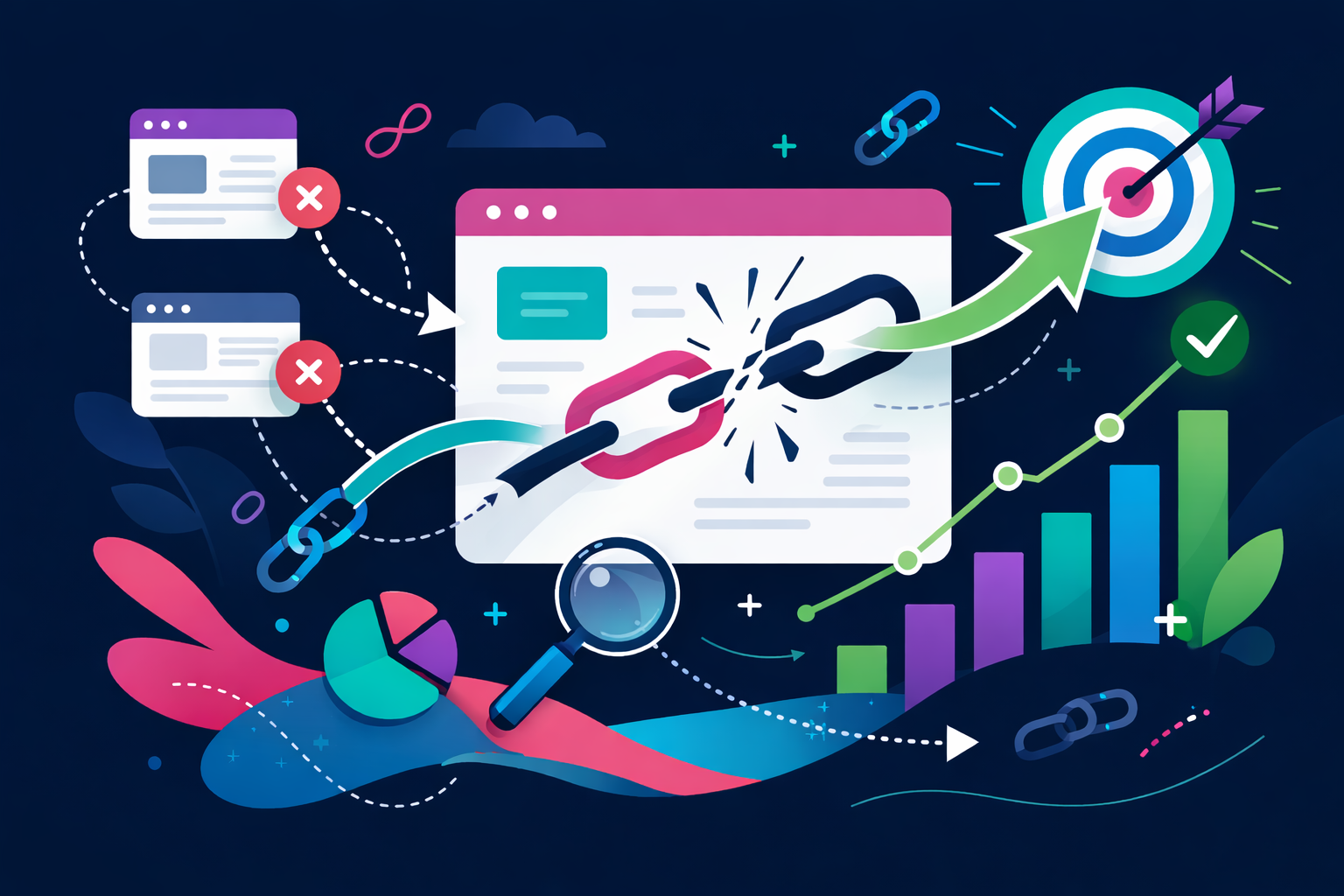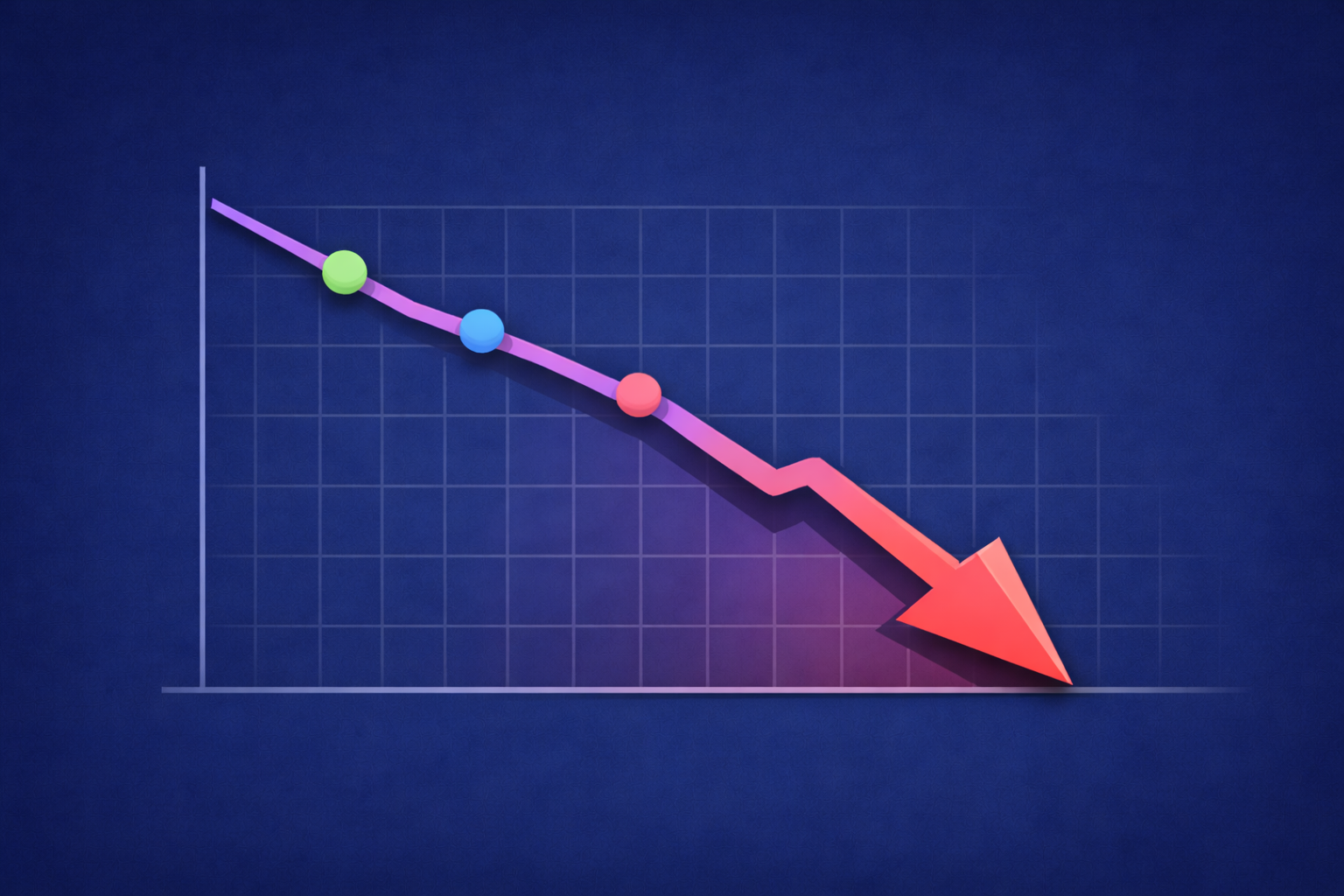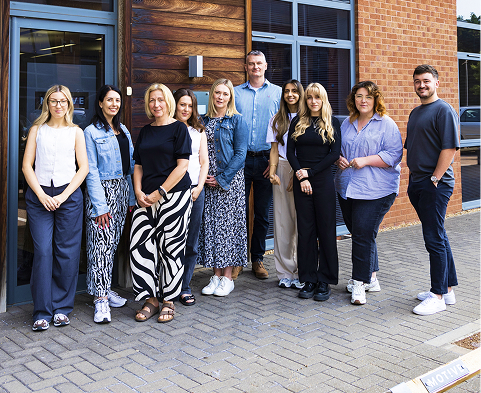Whether you’re heading into the world of work or opting for a change in your career, interviews can often feel nerve wracking and daunting. Your CV may have gotten you through the door, but now it's time to show what you’re all about in person.
PR is a very competitive industry. In fact, the global PR market is expected to grow to more than $133 billion (around £103 billion) by 2027, and as a result the demand for PR specialists is predicted to increase by about 6% by 2032. Despite this demand, landing your dream PR job is never easy, but the more prepared you are, the calmer you’ll feel when you sit in that chair for the big moment.
.jpeg)
Remember that no two interviews are the same. Some hiring managers simply want to use this as an opportunity to chat in person and let your personality shine through, while others will want to test your knowledge of the field and see how you deal with tough questions.
By doing the correct interview preparation you can make sure you’re ready for any kind of interview from the moment you walk through the door.
Reading up on the latest industry news and preparing answers for potential questions are just some of the ways you can help yourself feel more prepared and relaxed for this phase of your job hunt.
What’s in this article:
- What does a PR professional do?
- What does the ideal PR candidate look like?
- PR interview question examples
- Key takeaways
What does a PR professional do?
Although it may seem basic, even seasoned professionals can benefit from a quick refresher on the core responsibilities of a PR role – especially since these can vary widely depending on the employer and specific position. Interviewers may ask you to define the role of a PR professional to ensure that you have a clear understanding of the job’s expectations.
PR professionals wear many hats but essentially they are strategic communicators who manage the public image of a brand, business or individual. They shape and maintain a positive reputation through various media channels, addressing both proactive and reactive communication needs. As a PR professional, your responsibilities could include creating press releases, pitching stories to journalists to gain positive coverage and backlinks, managing social media presence, and addressing any potential reputational threats through crisis communication. You may also support brand events, and handle media and press office enquiries.
The responsibilities of your role will vary depending on whether you work as part of a PR agency or for a brand in-house. In-house PR roles tend to focus on one brand, allowing for deep familiarity with the organisation’s voice and long-term goals and strategies. Agency PR, on the other hand, often involves managing multiple clients, requiring adaptability and a quick grasp of various industries and brand voices.
Before heading to your interview, review the job description and identify key responsibilities to focus on. Consider preparing specific examples of how you’ve handled similar tasks or scenarios in the past, and make a list of any questions about the role that you’d like to clarify with the interviewer.
What does the ideal PR candidate look like?
There are some skills in PR that are needed more than others. It’s important to recognise what the ideal PR candidate looks like so you can see if your skills match up. This is also a great way to find out what it is you could be working on to better your skillset.
Identifying this before your interview will mean you’ll have the knowledge to talk about your own strengths and weaknesses and what you’re doing to improve them.
.jpeg)
Here are some skills that make a great, well-rounded PR candidate:
1. Adaptability
PR professionals need to be able to adapt and pivot quickly, whether that means responding to changing trends or adapting campaign strategies due to unexpected developments or breaking news. This skill is essential in managing crisis scenarios, where rapid responses can make a significant difference in public perception.
2. Creative thinker
In such a crowded media landscape, creativity can really set campaigns apart. Data suggests that 7 in 10 PR professionals say that they struggle with generating effective content, so having a creative mindset is invaluable. Creative thinking helps PR professionals find unique angles for stories and press releases, craft compelling pitches, and brainstorm innovative ways to engage audiences.
3. Communication
Clear, concise communication is at the heart of great PR. A good PR professional needs excellent written and verbal skills to write press releases that capture journalists’ interest, draft PR reports that reflect client objectives, and pitch ideas persuasively. Strong interpersonal communication also builds trust with clients and fosters positive relationships with media contacts, which are key to securing coverage. It’s often the difference between an idea that gets buried and one that reaches the public.
4. Organised
In PR you’ll often be juggling multiple projects at once, so being organised is key to help you stay up to date with everything. Good organisational skills ensure that deadlines aren’t missed, media lists are kept up to date, and each client’s unique goals are met. Effective organisation allows PR professionals to seamlessly shift between tasks, maintain media relationships, and prevent important details from slipping through the cracks.
5. Time management
With multiple deadlines to meet, effective time management is crucial for staying on top of your workload. By prioritising tasks based on urgency, PR professionals can handle last minute requests or sudden campaign changes without compromising quality.
PR interview question examples
When preparing for your interview, it’s essential to have answers ready for standard questions like your personal strengths and weaknesses or why you’re leaving your current role. However, it’s even more crucial to prepare for questions specifically related to PR.
Some questions may require research beforehand, so having a sense of what to expect can be beneficial. Rather than memorising responses, focus on the key points you want to convey for each question. This approach helps your answers come across as more natural and authentic.

Potential question: Why do you want to work for us?
Your interviewer will want to see how much research you’ve done on their business, so spend time in the days before your interview exploring their website and social media pages. This is your chance to show that you’ve familiarised yourself with their company and have a genuine interest in being part of their team. The more specific you can be, the better. Are there any recent campaigns they’ve worked on that stand out to you? If so, why? Asking thoughtful questions can demonstrate your enthusiasm and attention to detail.
Potential question: What have been some of your favourite PR campaigns this year?
Staying current with both the social landscape and the PR industry itself is essential, and your interviewer will want to gauge if you’re already doing this. There are some great websites and resources out there to help you, like PR Week and The Drum. Take the time to thoroughly research a campaign so you can explain why it caught your attention. Consider how the campaign benefited the brand. Did it increase brand awareness or boost sales? Did it earn lots of useful backlinks? Reflect on what aspects of the campaign resonated with you and how it made you feel when you first encountered it.
Potential question: Why do you want to work in PR?
If you’re applying for your first PR role, you may be asked why you’re interested in the field. This question is typically designed to assess your passion, motivation, and understanding of what the job and broader industry entails. It’s important to distinguish PR from other disciplines like marketing and advertising, as many people confuse them. Each field has its own unique goals – PR focuses on managing public perception and building overall brand awareness, while marketing and advertising are more about promoting products and driving sales (although PR can help with this too!). Be prepared to explain the differences between these areas, as your interviewer may ask for clarification to ensure you understand.
Potential question: What qualities do you think are needed to have a successful career in PR?
This question will gauge how well you understand what is needed from you when working in PR. Your employer will want you to recognise important skills like verbal and written communication, creativity and adaptability and explain why they are important. This is a good way for you to reinforce and showcase your understanding of PR.
Potential question: What kind of campaigns have you worked on in the past?
If you’re coming from an existing PR role, you’ll likely be asked about past campaigns you’ve worked on. Be honest and realistic in your response. No campaign goes off without a hitch, so use this as an opportunity to discuss how you handled any challenges or setbacks. Highlight how you managed unexpected issues or guided your team toward a successful outcome. Acknowledging mistakes and sharing what you learned from them shows self-awareness and growth. If given the chance, explain what you’d do differently if faced with the same situation again.
Potential question: Any questions?
Like any interview, at the end you’ll be asked if you have any questions regarding the role or the company. It’s always a good idea to have at least one or two questions ready to ask to show you’ve taken a real interest in the interview. Remember this isn’t just an interview for your employer to see if they like you. It’s also an opportunity for you to see if this is a role that feels like the right fit for you. You may want to ask more about the expectations of the job role, or if there is any scope to progress in the future. You could also ask questions about the wider business and if you’ll be working alongside any other departments like social media or design.
Key takeaways
1. Understand the role
Make sure you fully understand what a PR professional’s role involves and the skills required. This will not only help you determine if the role is the right fit for you, but also prepare you for interview questions about why you’re suited for the position.
2. Prepare for PR specific questions
Be ready to answer questions related to PR, such as discussing your favourite campaigns, current industry issues, or the differences between PR, advertising, and marketing. Doing your homework on these topics will show that you’re knowledgeable and engaged.
3. Do your research
Whether you’re applying for an agency role or an in-house position, thorough research on the company is essential. Your interviewer will expect you to have a genuine interest in their business, and being well-prepared shows that you’ve taken the time to understand what they do.
4. Ask questions at the end
Remember, the interview is also an opportunity for you to assess whether the company and role are the right fit for you. Prepare at least two thoughtful questions about the company or the role to demonstrate your interest and initiative.
5. Avoid rehearsing your answers
Rehearsing answers word-for-word can make your responses sound stiff and inauthentic. Instead, focus on bullet points to guide your answers. This approach will help your responses sound more natural and allow the conversation to flow more freely.
If you’re ready to take the next step in your PR career, explore exciting opportunities with us! Visit our careers page to learn more and apply today.




.jpg)
.jpg)

.jpg)

